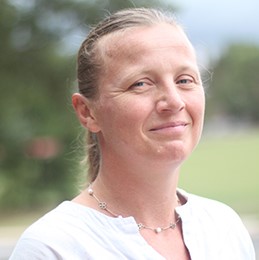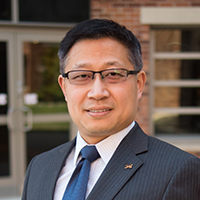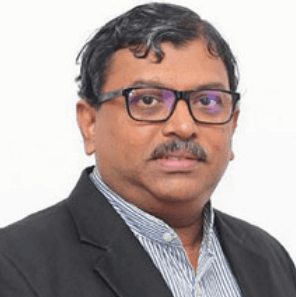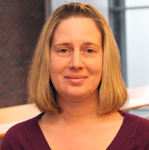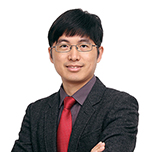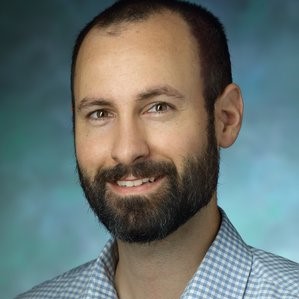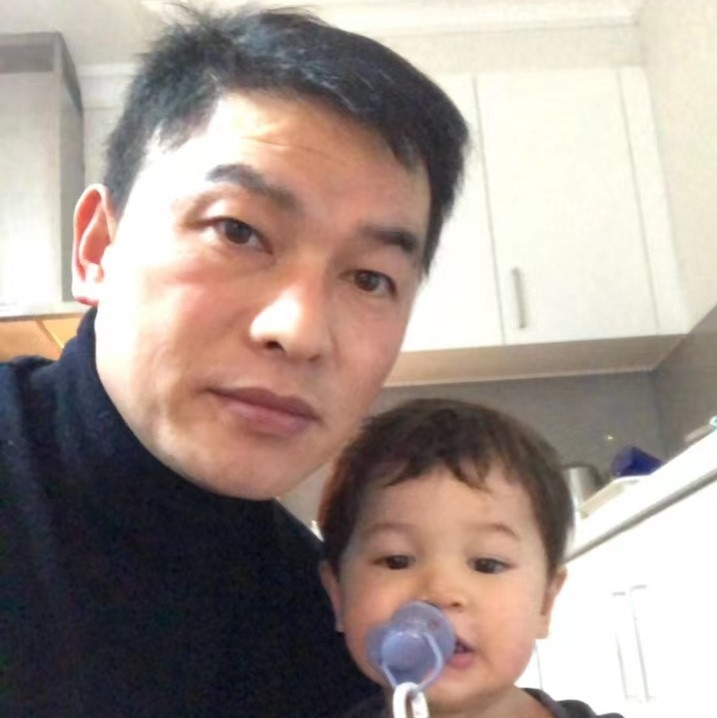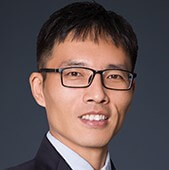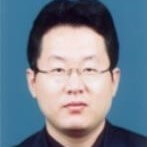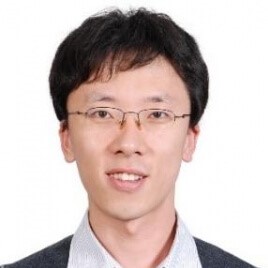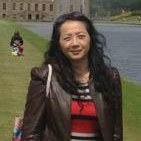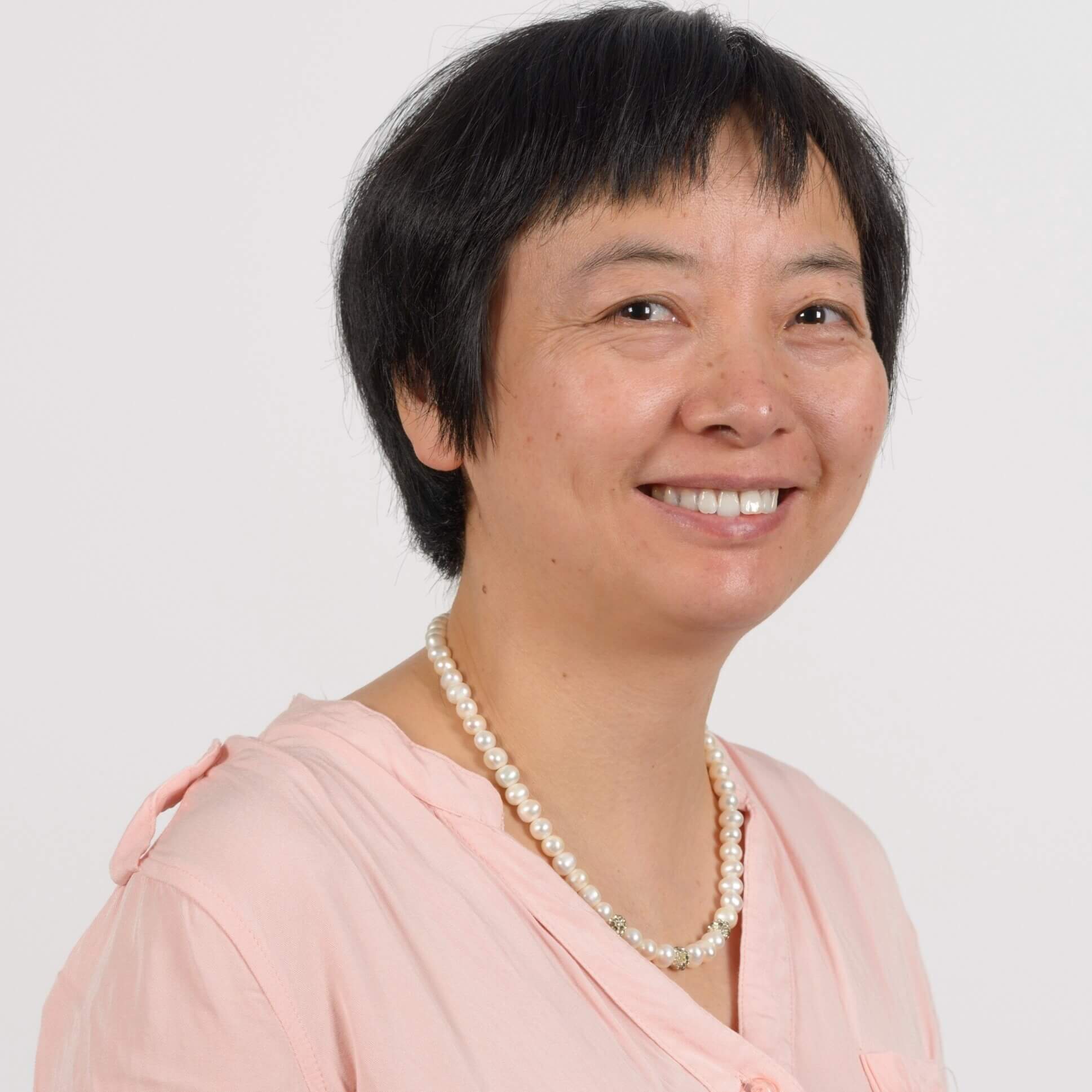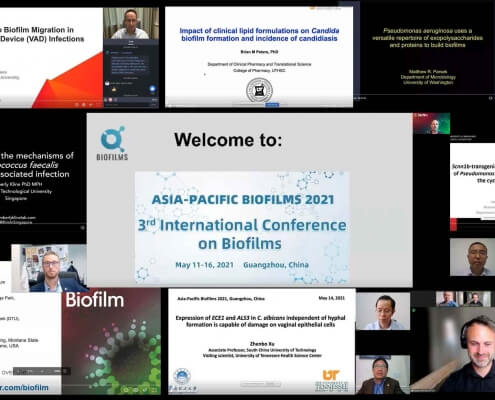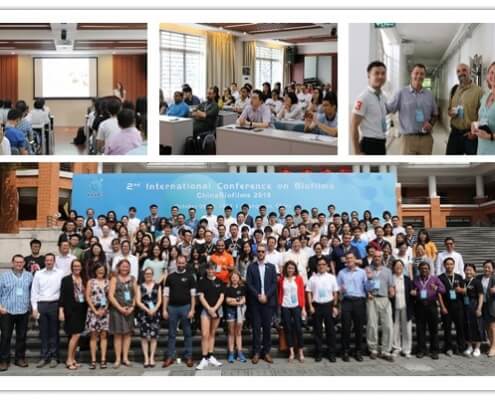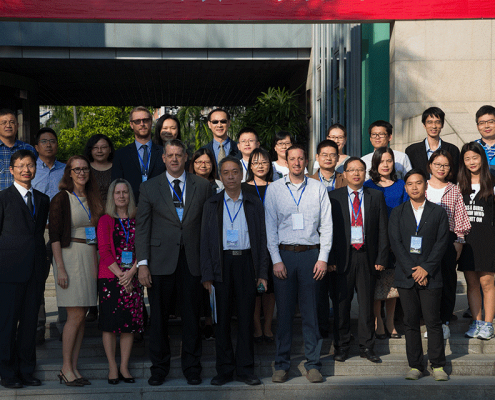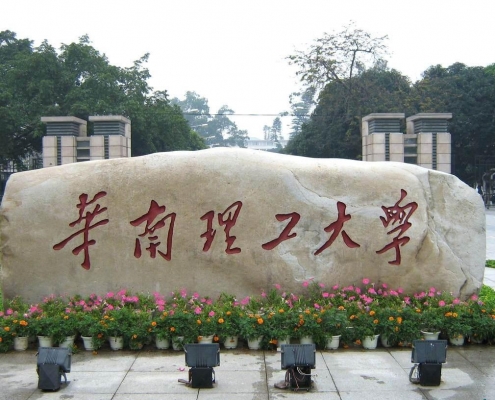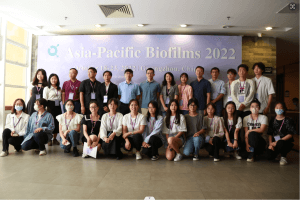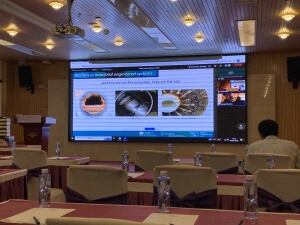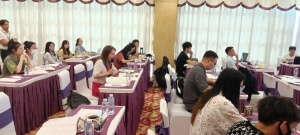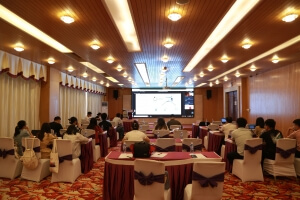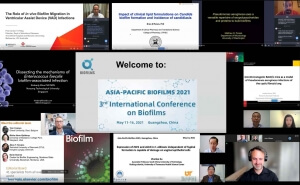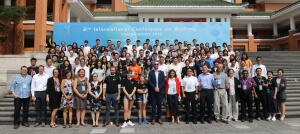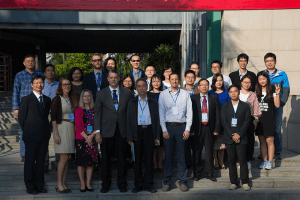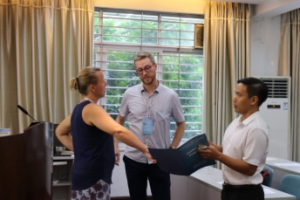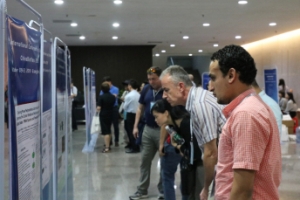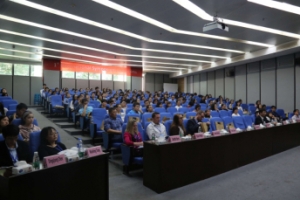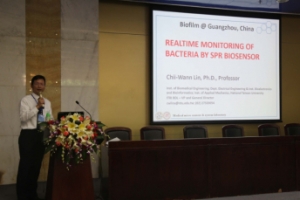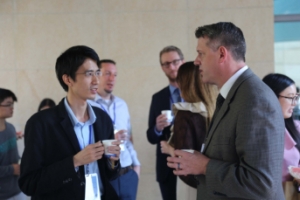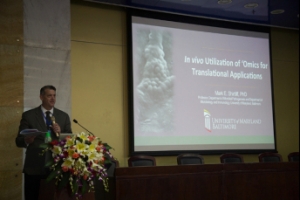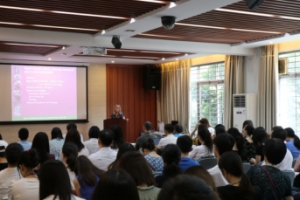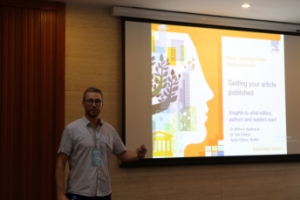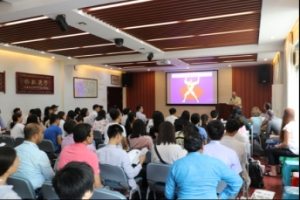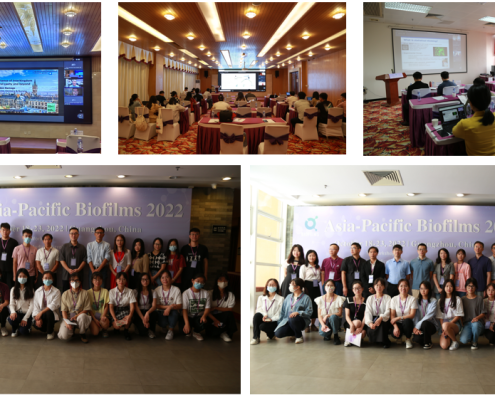 https://www.asiapacificbiofilms.org/2024/wp-content/uploads/2024/04/591ad91f27e6861fe573887dda00571.png
562
985
boge
https://www.asiapacificbiofilms.org/2024/wp-content/uploads/2021/03/logo1-4.png
boge2024-04-12 13:18:522024-04-16 09:31:304th International Conference on Biofilms (Asia-Pacific Biofilms 2022) was held in Guangzhou, China!
https://www.asiapacificbiofilms.org/2024/wp-content/uploads/2024/04/591ad91f27e6861fe573887dda00571.png
562
985
boge
https://www.asiapacificbiofilms.org/2024/wp-content/uploads/2021/03/logo1-4.png
boge2024-04-12 13:18:522024-04-16 09:31:304th International Conference on Biofilms (Asia-Pacific Biofilms 2022) was held in Guangzhou, China!ORGANIZATION
Organizers
South China University of Technology 
South China University of Technology (SCUT) is a leading educational institution in China, a public research-intensive university that is directly governed by the Chinese Ministry of Education. Located in the city of Guangzhou, a thriving metropolis in South China, it today covers a total area of 405 hectares, consisting of three campuses: the Wushan Campus, the University Town Campus, and the Guangzhou International Campus. The university was formerly known as the South China Institute of Technology, which was first founded in 1952 by merging the engineering schools and departments of a number of major universities and polytechnic universities from five provinces in central and Southern China. After over 60 years of development, SCUT has become a multi-disciplinary university, merging science, engineering, business management, arts and social science, medicine and other disciplines into one integration. Since its founding, it has educated over 380,000 graduates at all levels. In 2016, SCUT was ranked the world’s top 300 universities by the Academic Ranking of World Universities, with its engineering placed at the 22nd place. According to Thomson Reuters’ Essential Science Indicators, SCUT has chemistry, materials science, engineering, agricultural science, physics, biology and biochemistry, computer science, and environment and ecology ranked in the global top 1%. SCUT has established connections and partnerships with over 50 overseas universities to promote student training and scientific research. Considering the importance of people as the fundamental element of education, the university always sees “the academy as the foundation, talented ones as the strength, open minds as the vitality, and the culture of the university as the energy to thrive and last”. All these efforts are building SCUT as a top-ranking university in the country and a renowned world-class institution.
The School of Food Science and Engineering (SFSE)was established newly in November 2015 through the reorganization of the School of Light Industry and Food Science, however, its history can be dated back to 1952, the beginning of the University. The first degree program of the School, Sugar and Food Engineering, was started to run at that time. Currently, the school has two undergraduate programs as well as Food Science and Engineering, and Food Quality and Safety, and two postdoctoral programs, Food Science and Engineering and Light Industrial Technology and Engineering. A national evaluation of key discipline carried out in 2012 showed that the Food Science and Engineering in the School were ranking No.3 among Chinese universities.
The school of Food Science and Engineering is one of the most important units in the University featuring high level innovative scientific research. The School has a national engineering research center (Wheat and Corn Processing Lab), a national innovation and technology platform (Starch and Plant Proteins Research Center) and several provincial/ministry scientific research institutes, such as Guangdong Key Laboratory for Green Processing and Safety of Natural Products, Guangdong Technical Center for Food Processing and Nutrition, Guangdong Lipid Science and Applied Technology Center, Guangdong International Collaborate Center for Sugar Green Processing, etc.
The School takes the student education as the primary task and provides perfect environment for personal development of every student. Now, in total of 1234 students, including 521 undergraduates and 713 graduates are studying in the school. The School has extensive communication and cooperation with many top-level oversea universities and research institutes such as Cornel University, Queensland University, Rutgers University and Kyoto University. Nearly one hundred scientists, faculties and students were actively involved in the international communication and cooperation through lecture, seminar, conference, or being visiting scholars and exchange students.
Southern University of Science and Technology 
Southern University of Science and Technology (SUSTech) is a research-oriented public university founded in Shenzhen, China’s innovation center.
From their inception, SUSTech has attached enormous importance to attracting high-quality talents to its faculty. Through our continuing efforts to introduce world-class educators, SUSTech is proud to have over 800 faculty members on staff, and they continue to expand its faculty with amazing talent from all over the world. Many of their faculty have been honored with selection into national or regional talent programs, and SUSTech is keen to nurture and cultivate its talented staff.
SUSTech is proud of its unique dual-advisor system, which ensures that our students have every aspect of their lives are cultivated to maximize their university experiences. They believe that it is important that students are able to develop their personalities and be nurtured as potential future leaders with a global outlook.
SUSTech has learned from world-class research institutions spanning the globe and has planned its academic disciplines based on the major needs and strategic industries emerging around the Pearl River Delta region. With a major focus on science and engineering, SUSTech still has substantial research focuses in medicine, humanities and social services, to maximize the potential for new ideas across disciplines for new knowledge, new technologies and social development.
As SUSTech adapts and embraces the new challenges, the university continues to expand its academic opportunities for future leaders. With a strong emphasis on research, the growth in research centers and key laboratories will provide opportunities for interdisciplinary research.
The SUSTech campus sits in the rolling hills of Nanshan District in the bustling city of Shenzhen, with the verdant green lawns reflecting the environmentally friendly policies of the university. The natural and tranquil environment combines perfectly with the modern style of Shenzhen and its convenient location. With the campus covering an area of nearly 2 square kilometers, there is plenty of room for students to cogitate and consider their research or relax and enjoy their lives on campus. With students transiting the campus on foot, by bike or utilizing our convenient electric shuttle buses, our commitment to environmental sustainability is strong. By placing ourselves among glorious greenery, we can partake in and protect the gorgeous flora and fauna that naturally occurs in Guangdong Province.
Supporting parties
ESCMID Study Group for Biofilms
ESCMID Study Group for Biofilms (ESGB). Biofilms are communities of microorganisms that are attached to each other and/or a biotic or abiotic surface, are embedded in a self-produced extracellular matrix, and show markedly reduced susceptibility to antimicrobial agents. It is estimated that the majority of chronic infections and most device-related infections are biofilm-associated. However, biofilm infections are difficult to diagnose and extremely difficult to treat.
The objective of ESGB is to increase knowledge on various aspects of microbial biofilms with as ultimate goals improved diagnostic tools for biofilm infections, and better approaches to prevent and treat such infections. In order to obtain these goals, a multidisciplinary approach is necessary and one of the objectives of the ESGB to facilitate cooperation between scientist working on biofilms in different disciplines.
Chinese Society for Microbiology
The Chinese Society for Microbiology (CSM), founded in 1952, is a national non-profit, legal academic organization of the Chinese scientists specializing in microbiology. Since 1980, CSM has become a member of International Union of Microbiological Societies (IUMS). CSM currently consists of 6 working committees and 22 professional committees and more than 20,000 members in China. CSM is affiliated to China Association of Science and Technology (CAST), and also accepts administrative supervision from Ministry of Civil Affairs. The highest authority of CSM is the Representative Congress, which is usually held in every five years. The Representative Congress is authorized to select the Council, that elects the President, Vice Presidents, Secretary General and General Council of CSM. The current Council of CSM is the twelfth,which was elected in October 2021, with Xu Jianguo as the President and Xiang Hua as the Secretary General. The Council consists of 154 members, in which 42 are executive directors.
Overseas Chinese Society for Microbiology 
Overseas Chinese Society for Microbiology (Sino-Micro) is a registered non-for-profit organization formed by overseas Chinese researchers who study microbiology. Our goal is to establish a social network that will facilitate the advancement of our research programs and the development of our careers. In addition, we wish to work as a group to create a platform for enhancing scientific interactions with our colleagues in China. Current Sino-Micro members are primarily principal investigators in the USA. However, our organization is open to all overseas Chinese microbiologists.
Microbiology Australia 
The journal of the Australian Society for Microbiology
Microbiology Australia, The journal of the Australian Society for Microbiology is produced online and in print four times a year. The journal contains scientific papers, technical notes, book reviews, conference information, data on new products and services in microbiology, and material for tertiary students, in addition to providing detail on ASM activities. Microbiology Australia comprises mostly thematic issues focused on the areas of greatest importance to microbiology. Themes are determined by the Editorial Board and Guest Editor(s), with the exception of a biennial issue that features Breaking Research of ASM’s Early Career Researchers.
ELSEVIER
Elsevier as a global leader in information and analytics, Elsevier helps researchers and healthcare professionals advance science and improve health outcomes for the benefit of society. We do this by facilitating insights and critical decision-making for customers across the global research and health ecosystems. In everything we publish, we uphold the highest standards of quality and integrity at scale to ensure value to our customers. We bring that same rigor to our analytical solutions for researchers, health professionals, institutions and funders.
Committee
Founder and Honorable President
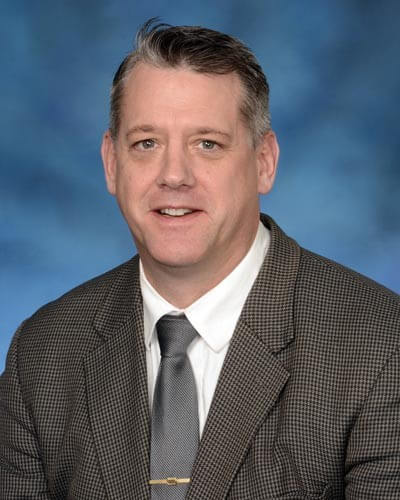
Dr. Mark Shirtliff (1969–2018)
Dr. Shirtliff has specialized in both in vitro and in vivo systems for the study of biofilms as a microbiologist for over 25 years. As an indication of his expertise on the subjects of biofilm-forming microbes and their relation to infectious disease and pathogenesis, he has presented his scientific findings on the subject at 110 meetings and symposia and have orally presented at over 100 national and international meetings/seminars. He has also authored over 120 peer-reviewed scientific papers and book chapters on pathogenic microbes, both their biofilm mode of growth and the chronic diseases that they cause. Dr. Shirtliff has a strong background in organizing highly skilled colleagues in multidisciplinary research. He also has a strong working knowledge of budget development and have obtained over $8 million from state, national (NIH and DOD), and international funding agencies in the past 10 years. He has served on 35 graduate committees and was the primary advisor on 11 graduate students committees (8 PhD, 3 Masters).
Organizing Committee Members
Birthe Kjellerup
University of Maryland
Chuanwu Xi
University of Michigan
Gamini Seneviratne
National Institute of Fundamental Studies
Janette Harro
University of Maryland
Kendra Rumbaugh
Texas Tech University
Liang Yang
Southern University of Science and Technology
Matthew Parsek
University of Washington
Nathan Archer
Johns Hopkins University
Yue Qu
Monash University
Zhenbo Xu
South China University of Technology
Guanglei Qiu
South China University of Technology
Wei Hu
Shandong University
Yulong Tan
Qingdao Agricultural University
Haiyan Hu
Sun Yat-Sen University
Honghua Hu
Zhejiang University
SPEAKERS
Keynote Speakers
To be determined… …
Invited speakers
To be determined… …
PROGRAM
Registration and Meeting platform test
To be determined... ...
Workshop 1 and 2
To be determined... ...
Workshop 3 and 4
To be determined... ...
Workshop 5
To be determined... ...
Session 1
To be determined... ...
Session 2
To be determined... ...
Session 1
To be determined... ...
Session 2
To be determined... ...
Session 3 Early career researchers and students
To be determined... ...
Session 1
To be determined... ...
Session 2
To be determined... ...
Session 1
To be determined... ...
Session 2
To be determined... ...
Session 1
To be determined... ...
Session 2
To be determined... ...
Session 1
To be determined... ...
Session 2
To be determined... ...
REGISTRATION
On-site Conference Registration
- $228.00 USD
Online Conference Registration
- $178.00 USD
SUBMISSION
Abstract:
Asia-Pacific Biofilms 2024 is calling for abstracts related to biofilms, and highlighted topics include:
(1) Bioinformatics analysis in biofilms;
(2) Biofilms development and control;
(3) Biofilms antimicrobial resistance;
(4) Communication and signaling factors in biofilms;
(5) Rapid detection and application to biofilms bacteria;
(6) Virulence and toxins on clinical biofilms;
(7) Evolution and stress tolerance in Biofilms;
(8) Industrial and applied biofilms research.
All accepted abstracts will be included in the conference proceeding of Asia-Pacific Biofilms 2024.
1. Scientific program and official journals
Asia Pacific biofilms 2024 sets a scientific program. All accepted abstracts will be included in the conference proceeding of Asia-Pacific Biofilms 2024. Excellent abstracts will be recommended to the official journal of the conference (https://www.sciencedirect.com/journal/biofilm), the author will receive a waiver and may submitting the full text.
2. Special issue
Asia Pacific biofilms 2024 has different special issues according to medical and clinical microorganisms, applied microorganisms, food and environmental microorganisms, antibiotics and drug resistance (to be confirmed)
3. Relevant official special issues
Asia-Pacific Biofilms 2024 also have official special issues related to biofilms. If you wish to know more, please click here.
Student Presentation:
Asia-Pacific Biofilms 2024 has sessions specifically for student presentations (Go to “Program”), which is arranged during conference days. Participating undergraduate and graduate students are required to register and submit an abstract noted as “Student Presentations”. Student certificate (such as student ID) will also be required. All submitted abstracts will be reviewed by the Committee.
ABOUT US
Asia-pacific Biofilms (formerly known as ChinaBiofilms), is a series of biennial international meetings on microbial biofilms, initiated by Dr. Mark Shirtliff from University of Maryland and Dr. Zhenbo Xu from South China University of Technology. Starting in October 2017, ChinaBiofilms 2017 was held on October 20-22, 2017 in Guangzhou, China, ChinaBiofilms 2019 was held on October 10-13, 2019 in Guangzhou, China, Asia-Pacific Biofilms 2021 was held virtually on May 11-16, 2021, Asia-Pacific Biofilms 2022 was held on October 18-23, 2022 in Guangzhou.
As both the founder and president of Asia-Pacific Biofilms, Dr. Shirtliff has contributed to organize the workshop and conference together with the organizing committee. Asia-Pacific Biofilms is a great opportunity for participants to present their recent research progress, foster new collaborations on microbial biofilms, and also building bridges between relevant research enterprises in Asia-Pacific and international universities.
FORMER CONFERENCES
4 conferences have been successfully held since 2017

